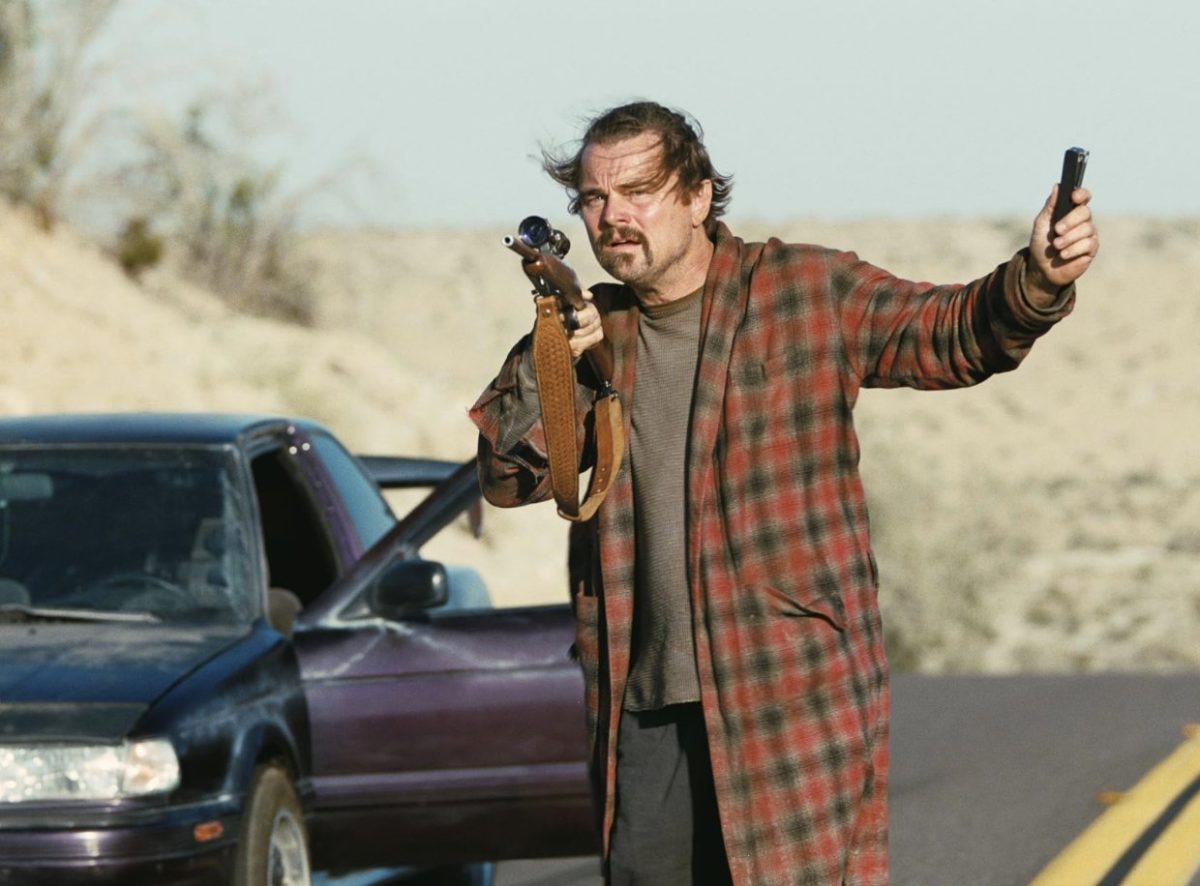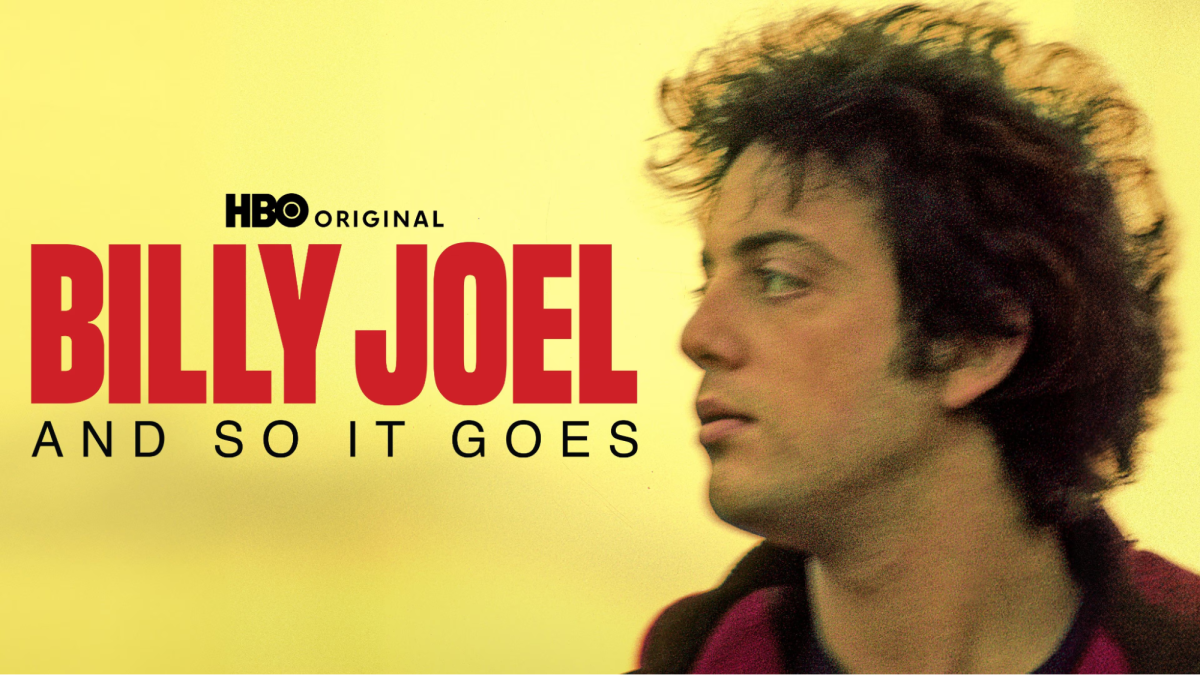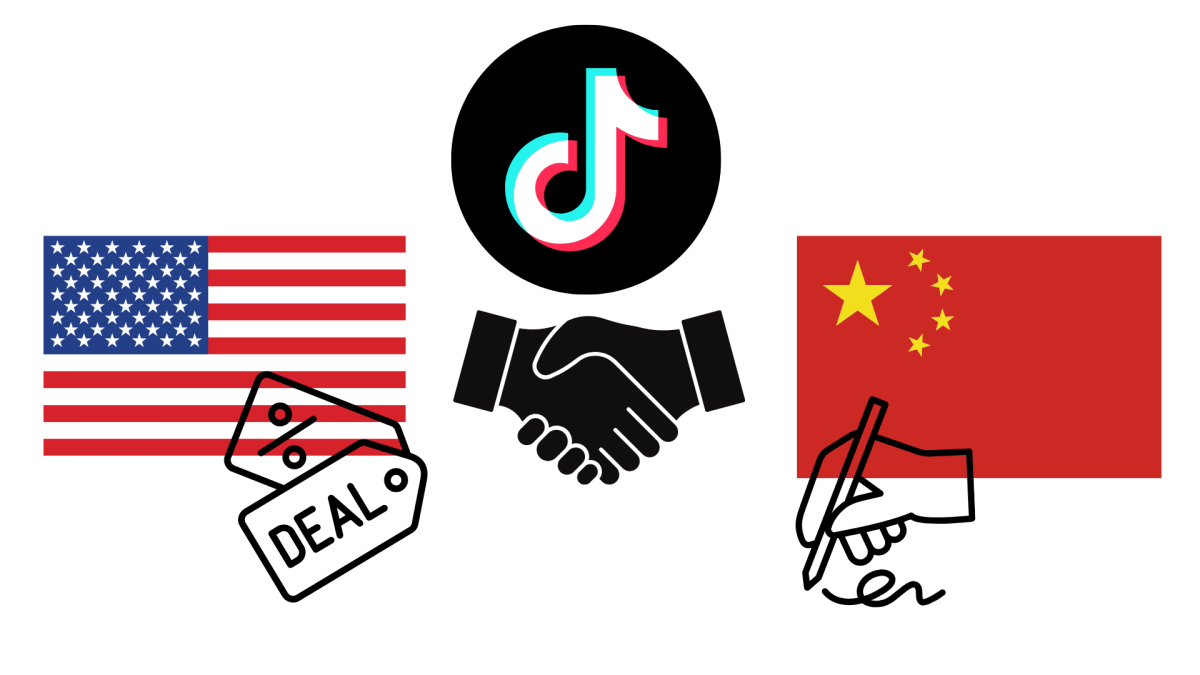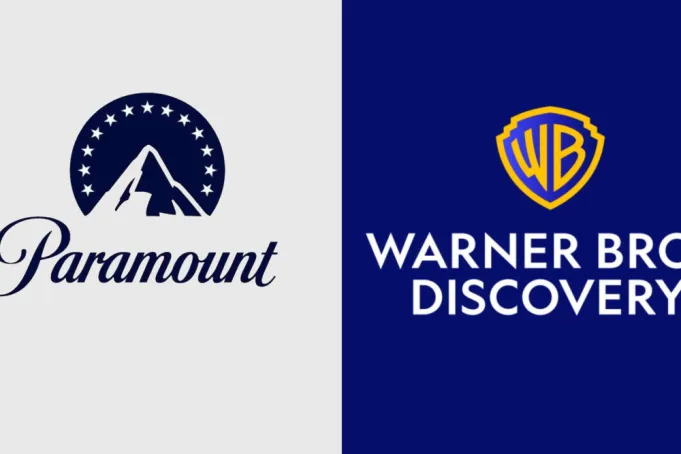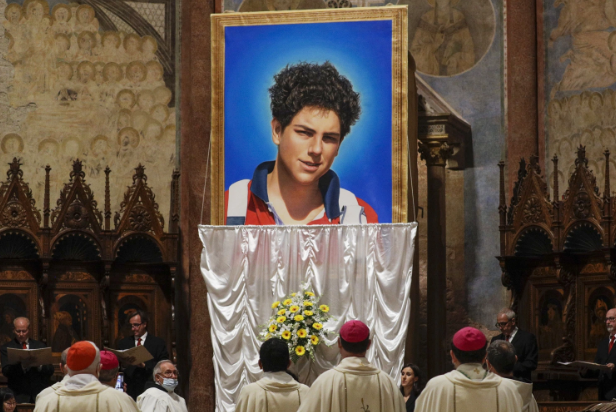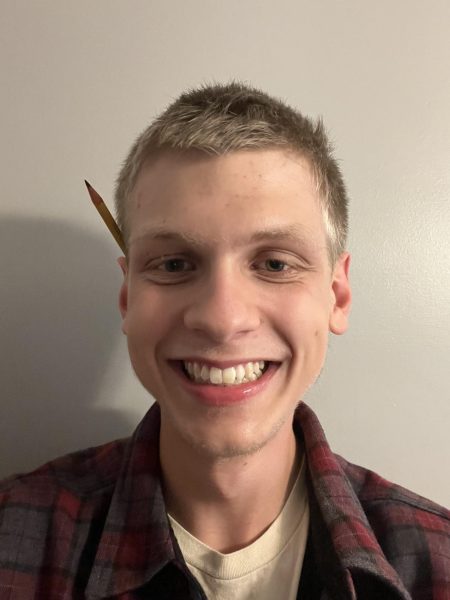Nearly 50 years ago, the Illinois Supreme Court cleared the way for a group of neo-Nazis to stage a demonstration in the Village of Skokie. At the time, the village held a substantial Jewish population, including a number of Holocaust survivors. The National Socialist Party of America (NSPA) was represented in suing to be allowed to demonstrate by a perhaps unexpected figure: a Jewish lawyer for the American Civil Liberties Union (ACLU). On Jan. 21, that lawyer, David Goldberger, told his story to attendees of a virtual event through the Skokie Public Library, before answering questions.
Goldberger began his remarks by detailing his background: he is a proud and secular Jew, he said, and a “very, very committed civil libertarian.” He found work with the ACLU after college, and enjoyed it, he said, because of the group’s belief in “neutral principles”: the idea, as he defined it, that all people receive the same rights under the Constitution.
In 1977, Goldberger was already representing the NSPA in suits designed to allow them to protest in public parks in Chicago, which Goldberger recalled that the mayor at the time had prevented them from accessing. The group’s leader, Frank Collin, asked several North Shore communities for permission to hold gatherings within them; of these, only Skokie responded, informing Collin that he would need to purchase $350,000 in insurance to cover any damages the protest might lead to before the village would allow it. According to Goldberger, Collin then said that the NSPA would protest Skokie’s restrictions on their speech in a gathering outside the village hall, to which Skokie responded by placing an injunction on the proposed assembly. Hence, Goldberger recalls, Collin ultimately asked his help in fighting the injunction, as well as in overturning a collection of ordinances Skokie attempted to create which would make the NSPA’s assembly impossible.
Goldberger explained that he took the case because he believed it was straightforwardly related to the First Amendment, which guarantees the right to express oneself without restriction by the government. The issue, Goldberger said, was that Skokie sought “prior restraint” on the NSPA’s remarks—to prevent them from happening in the first place; this, he said, was “presumptively unconstitutional.” Goldberger further explained that hate speech is actually protected by the First Amendment, as long as it is not directed toward any particular person. This, Goldberger said, was because the definition of “hate speech” fluctuates from person to person: a statement that one person considers hate speech might be taken by another as a legitimate part of a political conversation. Nevertheless, he made clear that he did not support the message that Frank Collin and his associates sought to convey.
Ultimately, Golderger said, the Illinois Supreme Court disallowed the injunction, and federal courts struck down the village ordinances. (The Supreme Court, to which the case was appealed, refused to overturn the lower federal courts’ decision.) He recounted the treatment he received during the case—the neo-Nazis he represented, he said, never made untoward remarks to him about his Jewishness, while lawyers for the Village of Skokie tendered him “dignity and fairness,” and the majority of his family stood by his efforts. Such support was needed, he said, in times that were otherwise quite trying: his sister, who was also present on the Zoom meeting, remembered Goldberger being threatened, and he has written elsewhere of having felt the need to engage friends as personal protection when delivering remarks publicly. In the end, Goldberger said, he did not regret taking the case, and credited it with creating the Illinois Holocaust Museum (which was built as a reaction to the NSPA’s efforts to be allowed to appear in Skokie).
Goldberger proceeded to hear questions from audience members, which ranged from what he regards as proper protest procedures for students on college campuses to whether or not he has written a book on his experience with the Skokie case. Goldberger was asked by North Star News if he foresaw the rise of any cases similar to that of the NSPA, or any new threats to freedom of speech, under the Donald Trump administration. He remarked that the “Unite the Right” white supremacist gathering in Charlottesville, Virginia, was “substantially similar” to what happened in Skokie, but that the act by James Fields of driving his car into a crowd of counter-protesters during the event had attached “horror” to the event. “There’s nothing in the federal government that’s going on that would, in my view, seek to restrain neo-Nazis,” Goldburger further said.
“I thought it was great,” junior Yoshi Waldron said, calling the event “really educational, informational.”



